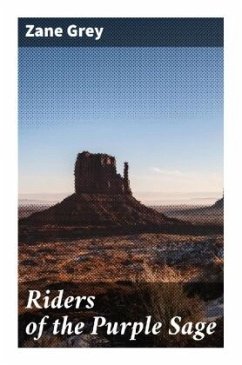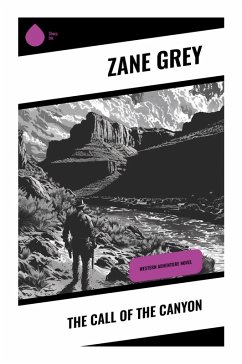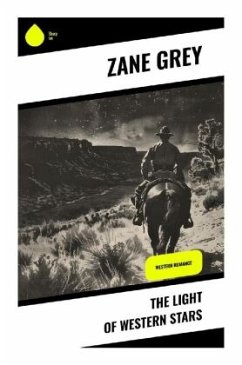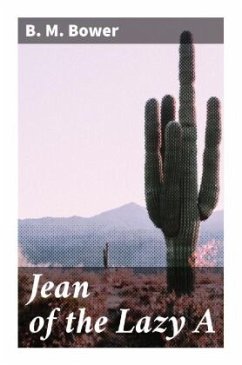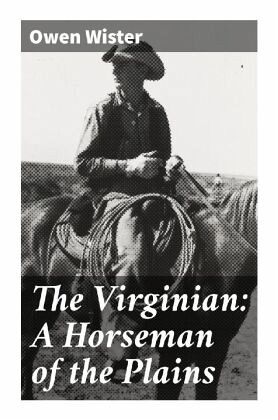
The Virginian: A Horseman of the Plains
Versandkostenfrei!
Versandfertig in 6-10 Tagen
10,99 €
inkl. MwSt.
Weitere Ausgaben:

PAYBACK Punkte
5 °P sammeln!
In "The Virginian: A Horseman of the Plains," Owen Wister crafts a compelling narrative that marries adventure with deep emotional resonance, set against the sweeping backdrop of the American West. First published in 1902, the novel utilizes a rich vernacular and descriptive style that vividly captures the landscape and culture of frontier life. The protagonist, a nameless cowboy, embodies the archetype of the rugged individualist, navigating the complexities of love, honor, and conflict while showcasing the challenging yet romanticized existence of early 20th-century ranch life in Wyoming. Wi...
In "The Virginian: A Horseman of the Plains," Owen Wister crafts a compelling narrative that marries adventure with deep emotional resonance, set against the sweeping backdrop of the American West. First published in 1902, the novel utilizes a rich vernacular and descriptive style that vividly captures the landscape and culture of frontier life. The protagonist, a nameless cowboy, embodies the archetype of the rugged individualist, navigating the complexities of love, honor, and conflict while showcasing the challenging yet romanticized existence of early 20th-century ranch life in Wyoming. Wister's work is pivotal as it laid the groundwork for the cowboy genre, merging realism with an idealized vision of the West, thus influencing both literature and popular media for generations to come. Owen Wister, often hailed as the father of Western fiction, drew inspiration from his own experiences in the West, having spent significant time in Wyoming where he befriended cowboys and ranchers. His background in literature, particularly his education at Harvard and exposure to European literary traditions, allowed him to elevate the depiction of the American cowboy, transforming him into a symbol of rugged masculinity and moral complexity. Wister's observations of society's changing landscapes during the turn of the century imbue The Virginian with social commentary on themes of civilization versus savagery, loyalty, and the American spirit. I highly recommend "The Virginian" to readers who appreciate classic literature that offers more than just a tale of adventure. This timeless work not only challenges the stereotypical portrayals of cowboys but also provides profound insights into themes of identity and ethos that resonate deeply in contemporary discussions of American culture. Wister's masterful storytelling and rich character development make this novel a must-read for anyone interested in the complexity of the human spirit as revealed by the trials of frontier life.




